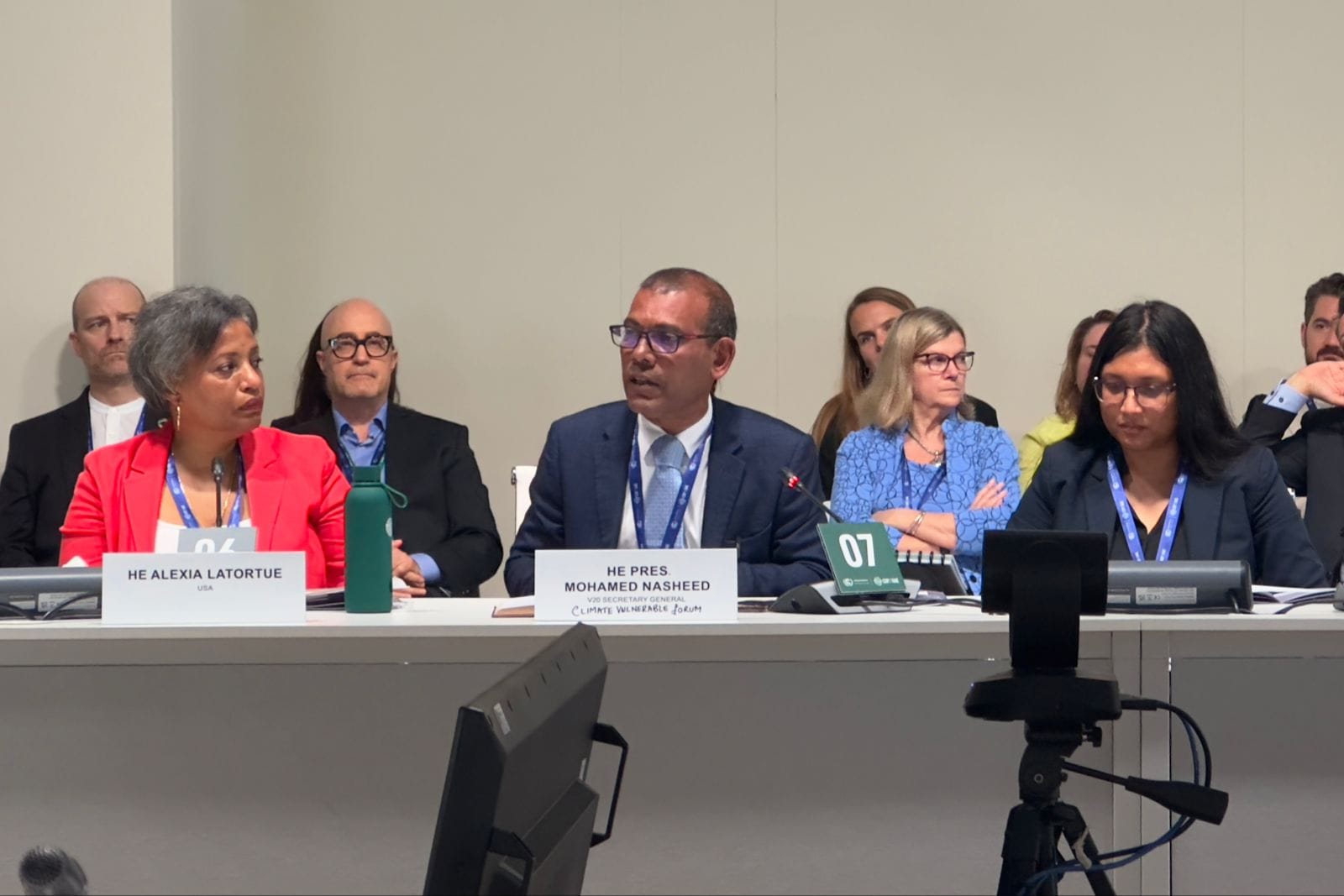Sri Lanka Signs Landmark MOU to Reduce GHG Emissions and Restore Biodiversity in Tea Production
The Climate Vulnerable Forum (CVF) and the Dilmah tea company have signed a MOU

In a significant step towards sustainable agriculture and environmental conservation, the Climate Vulnerable Forum (CVF) and the renowned Dilmah tea company have signed a Memorandum of Understanding (MOU) to reduce greenhouse gas (GHG) emissions from tea production and restore biodiversity. This initiative is a vital part of Sri Lanka's Climate Prosperity Plan, aiming to align the nation's agricultural practices with global sustainability goals.
The MOU was announced by Mohamed Nasheed, the current Secretary General of the CVF and former President of the Maldives, in a tweet: "It is an honour to sign an MOU between @TheCVF and the world-famous @Dilmah tea company to help reduce GHG emissions from tea production and restore biodiversity. This is a great initiative from Sri Lanka's Climate Prosperity Plan."
Mohamed Nasheed has long been an advocate for climate change mitigation and sustainable development. Known globally for his environmental activism, Nasheed's leadership in the Maldives earned him recognition for his efforts to combat climate change. As the Secretary General of the CVF, he continues to push for innovative solutions and collaborative efforts to address environmental challenges faced by vulnerable nations.
Nasheed currently also serves as a senior advisor to Sri Lankan President Ranil Wickremesinghe, reflecting his ongoing commitment to climate issues in the region. His involvement in Sri Lanka's Climate Prosperity Plan underscores his dedication to fostering sustainable development practices and reducing the impacts of climate change.
In a related development, Sri Lanka's CVF and Nativa Capital have inked another MOU to enhance sustainable, community-scale farming and forest protection. This $100 million project is aimed at promoting sustainable agriculture and conserving forest areas, further strengthening Sri Lanka's efforts towards environmental conservation and climate resilience.
The partnership with Dilmah tea company is particularly noteworthy, given Dilmah's global reputation for high-quality tea production and its existing commitments to sustainability. By collaborating with CVF, Dilmah aims to implement practices that reduce carbon emissions and enhance biodiversity in tea plantations, setting a benchmark for the tea industry worldwide.
The initiatives under these MOUs are expected to create significant environmental and socio-economic benefits, including reduced carbon footprints, improved biodiversity, and enhanced livelihoods for communities involved in sustainable farming practices. This collaboration reflects a growing recognition of the importance of integrating environmental sustainability into agricultural practices and the potential for such initiatives to contribute to broader climate change mitigation goals.
As the world grapples with the challenges of climate change, initiatives like these highlight the importance of international cooperation and the role of influential leaders like Mohamed Nasheed in driving positive change. The success of these projects could serve as a model for other nations and industries, demonstrating the feasibility and benefits of sustainable practices in agriculture and beyond.





